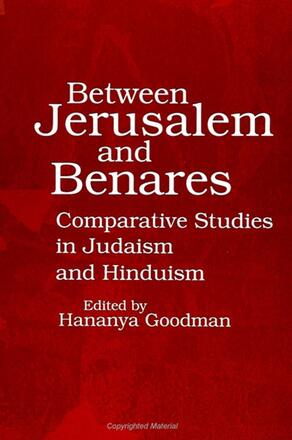
Between Jerusalem and Benares
Comparative Studies in Judaism and Hinduism
Alternative formats available from:
Description
This book stands at the crossroads between Jerusalem and Benares and opens a long awaited conversation between two ancient religious traditions. It represents the first serious attempt by a group of eminent scholars of Judaic and Indian studies to take seriously the cross-cultural resonances among the Judaic and Hindu traditions.
The essays in the first part of the volume explore the historical connections and influences between the two traditions, including evidence of borrowed elements and the adaptation of Jewish Indian communities to Hindu culture. The essays in the second part focus primarily on resonances between particular conceptual complexes and practices in the two traditions, including comparative analyses of representations of Veda and Torah, legal formulations of dharma and halakhah, and conceptions of union with the Divine in Hindu Tantra and Kabbalah.
Reviews
"What I like best about this book is simply that it exists. " —Daniel Gold, Cornell University